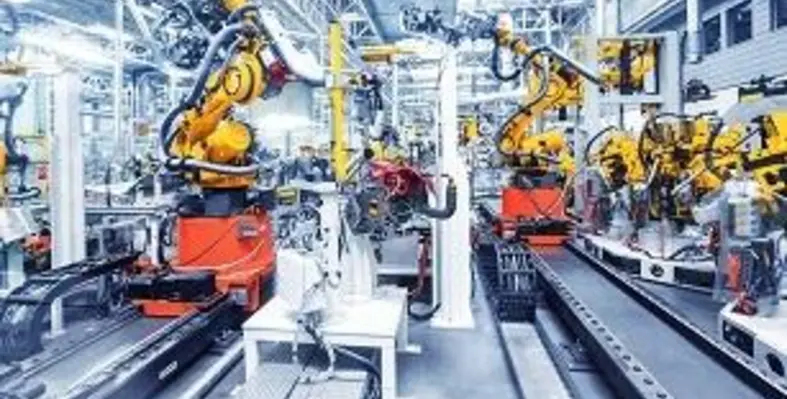While showing trust towards robots in performing ordinary tasks in logistics, transportation and cleaning, according to recent Kaspersky research, employees in the Middle East, Turkiye and Africa region (META) are less willing to trust them with life critical functions
With activities such as performing surgeries, flying airplanes without pilots, managing dangerous manufacturing and pharmaceutical production, employees are hesitant to put their faith in robots.
One of the reasons for the lack of trust to robots is the belief that robots are prone to cyberattacks – a point of view which is supported by 3 out of 4 employees surveyed in South Africa.
In the country, 86% of those surveyed trust robots to do cleaning, 83% trust them in delivering parcels and orders. At the same time, less than half of employees would trust robots in such tasks as managing dangerous manufacturing (43%), and only 24% of local respondents trust robots to perform a surgery. These concerns can be explained by the fact that 70% of all employees point out it’s unclear who bears responsibility if robots fail in their duties due to an equipment malfunction or a cyberattack. 50% of employees believe that if robots malfunction, they can cause physical threat to humans.
Emad Haffar, head of technical experts at Kaspersky, commented, “Today robotics are used together with industrial control systems and other information technology to handle production processes, replacing manual labour and improving efficiency, speed, quality and performance. Our research shows a split in employees’ opinion on the duties that robots are fit to carry out. While employees in general are ready for robots to perform unskilled duties, such as cleaning and order delivery, the majority are not ready to trust robots with critical functions which, if done wrong, could cause financial damage or be a physical threat to humans.
“From January to September 2022 malicious objects were blocked on 38% of ICS computers in the Middle East, Turkiye, Africa region that were protected by Kaspersky solutions, according to Kaspersky ICS CERT statistics. We predict that the number of attacks on robots in different industries may increase due to the continuing digitisation.”
To keep systems protected from various threats, Kaspersky experts recommend:
• Conducting regular security assessments of OT systems to identify and eliminate possible cyber security issues
• Establishing continuous vulnerability assessment and triage as a base for effective vulnerability management process
• Performing timely updates for the key components of the enterprise’s OT network
• Using Industrial EDR solutions such as Kaspersky Industrial Cybersecurity for Nodes with EDR for timely detection of sophisticated threats, investigation, and effective remediation of incidents
• Improving the response to new and advanced malicious techniques by building and strengthening teams’ incident prevention, detection, and response skills. Dedicated OT security trainings for IT security teams and OT personnel is one of the key measures helping to achieve this.












